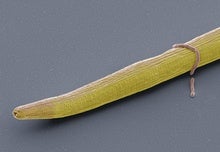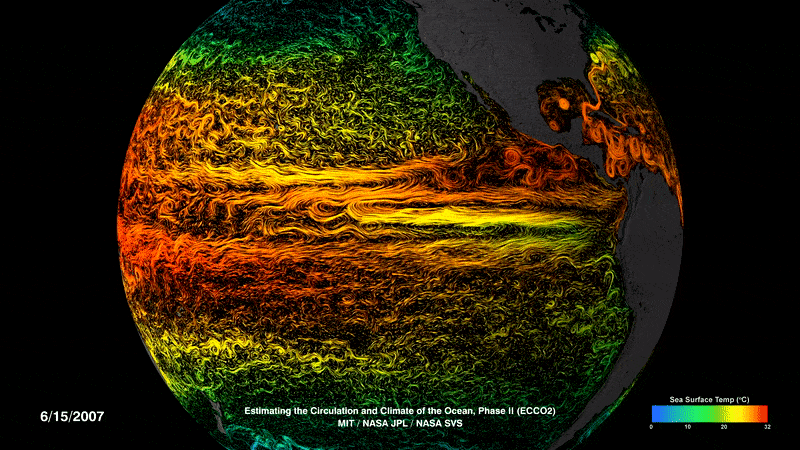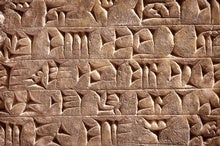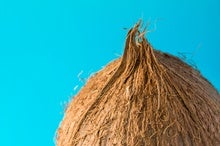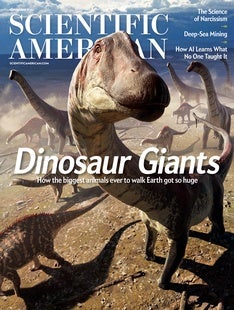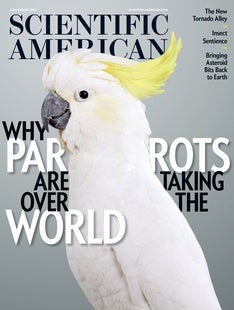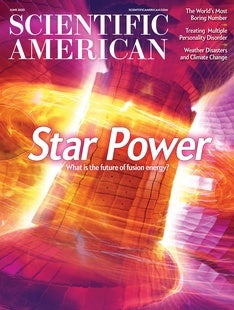 |
| August 25, 2023 |
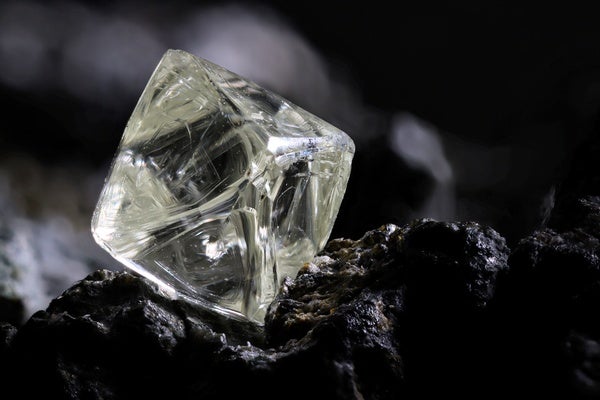 |
| |
| |
| |
| |
| |
| |
| Quantum Physics Quantum Physics Can Explain Earth's Weather By treating Earth as a topological insulator—a state of quantum matter—physicists found a powerful explanation for the twisting movements of the planet's air and seas | | By Katie McCormick,Quanta Magazine | | | |
| |
| |
| |
| |
| |
BRING SCIENCE HOME
 | | Make a Paper Fish Swim with Surface Tension | 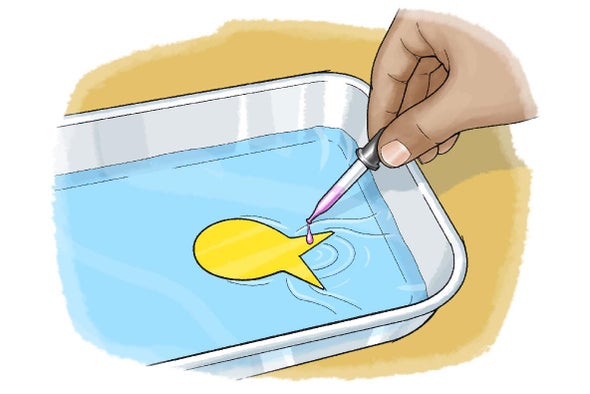 Can you make a toy fish that swims along--with physics? Try this high-tension activity and find out! Credit: George Retseck | Have you ever wondered how water droplets form on a window on a rainy day, why some bugs can walk on water or why you use soap to wash your hands? All of these things are related to the phenomenon called surface tension. In this activity you will learn how you can use surface tension to make a fish cut from a piece of paper seem to swim around on its own! | |  | |
LATEST ISSUES
 |
| |
| Questions? Comments?  | |
| Download the Scientific American App |
| |
| |





